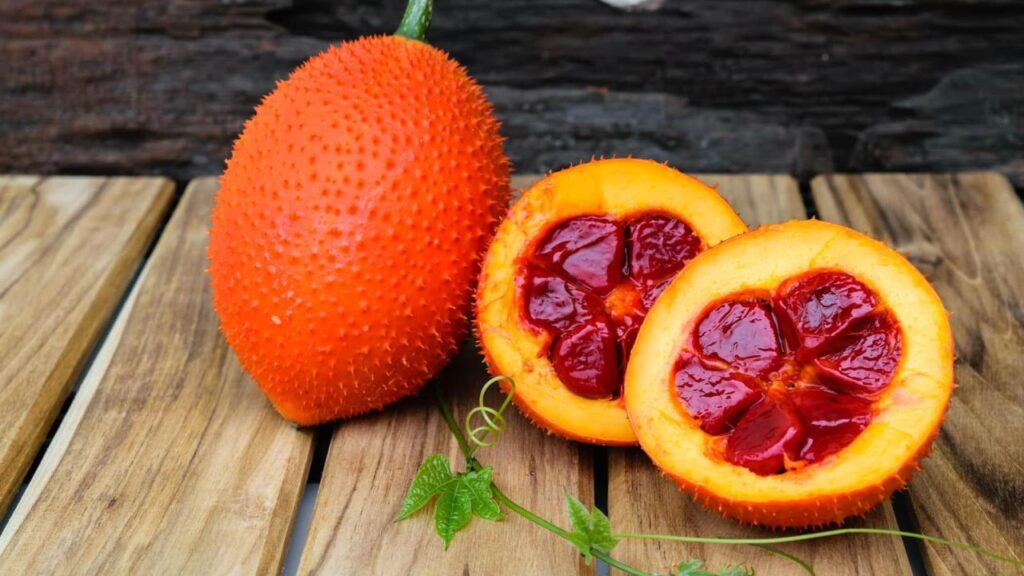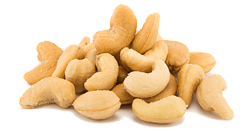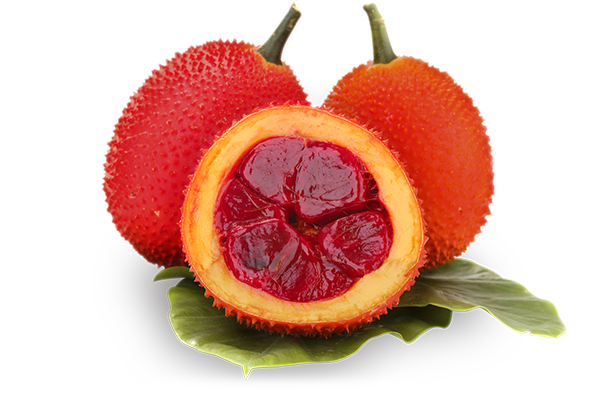Sweet corn helps improve heart health, eyes … but should be eaten in moderation, especially for people with diabetes.
The benefits of sweet corn
Sweet corn is just as nutritious as any whole grain. Sweet corn can be eaten daily as part of breakfast but should be eaten in moderation to reap the benefits.
1. Helps to lose weight, improve heart health
Sweet corn is rich in fiber, 100 g of sweet corn contains 2.7 g of fiber. Fiber is beneficial for overall health, including the digestive system. In addition, it may reduce the risk of stroke, type 2 diabetes, and bowel cancer.
People who consume a lot of fiber have a significantly reduced risk of heart disease. In addition, the rate of death from heart disease was lower in people who consumed more fiber. You can also get similar heart health benefits with corn oil , according to a 2018 trial in the Journal of Nutrition .
Furthermore, fiber provides a feeling of fullness. At the same time, sweet corn has resistant starch, a slow-digesting carb, which helps in weight control. It ensures that you feel fuller and keeps you from overeating. It can be used as part of a diet to maintain weight.
2. Anti-oxidation
The cells in your body face significant threats. These dangers range from nutritional deficiencies to viral infections, which cause cell damage. In high concentrations, they can even lead to the destruction of genetic material. Physical activity, exposure to cigarette smoke and air pollution can also create free radicals, which cause various diseases. That could be heart disease, cognitive decline, cancer, and vision loss. So, our body constantly has to fight and eliminate harmful free radicals.
In it, foods like sweet corn are rich in vitamin C, which is a powerful antioxidant that helps protect your cells from damage, preventing heart disease and cancer. Sweet corn also contains the carotenoids lutein and zeaxanthin, which are antioxidants that can help fight free radicals.
3. Prevent diverticulitis
Diverticulosis is a common health problem that affects your digestive system. Its complications can even lead to long-term health problems. Consuming corn can prevent diverticulitis, which is beneficial for gut health.
According to Healthline, an 18-year study in more than 47,000 adult men who ate popcorn at least twice a week had a significantly lower risk of diverticular disease compared with those who ate it less often.
4. Enhance eye health
Free radical damage can lead to poor vision. Sweet corn contains the carotenoids lutein and zeaxanthin, which are carotenoids that fight the damaging effects of free radicals. At the same time, two phytochemicals help promote healthy vision, according to a 2018 review in the Journal of Nutrients .
These substances are beneficial for eye health because they reduce lens damage. According to Healthline , a study of 365 adults found that those with the highest intakes of carotenoids, especially lutein and zeaxanthin, had a 43 percent lower risk of age-related macular degeneration compared with those with the highest intakes of dietary fiber. low consumption of these two substances. Therefore, regularly eating corn can promote eye health, especially for those at risk of age-related macular degeneration.
5. Enhance memory
Eating corn can boost cognitive function. It may reduce the risk of dementia, especially in the elderly. Corn is high in vitamin B1. This vitamin is commonly known as thiamine. Thiamine is needed to make acetylcholine in our body. Acetylcholine is a neurotransmitter that helps people remember. So having good levels of acetylcholine can improve memory. In addition, it also reduces the risk of Alzheimer’s disease. Therefore, eating corn can help enhance memory.
6. Additional benefits in corn
Sweet corn contains 42 micrograms of folate. Folate is often referred to as vitamin B9 or folic acid. It is an essential nutrient that is especially important during pregnancy.
Vitamin B6 refers to a group of vitamins, the most common of which is pyridoxine. It performs many different tasks in your body. It can help reduce depression and promote brain health. This vitamin is also found in sweet corn.
Corn has 270 mg of potassium. This is an essential mineral. Potassium is needed for the regulation of blood pressure and may promote heart health.

Eating sweet corn is good for health?© Provided by Stars
|
|
Sweet corn has many health benefits. Photo: The Health Site |
What are the disadvantages of sweet corn?
If you eat too much corn, it can lead to weight gain because it is rich in calories and carbs. Sweet corn (100 gm) contains 18.70 g of carbohydrates. Your body converts carbs into glucose (sugar). Therefore, people with diabetes should eat sweet corn according to the recommended serving size. Sweet corn also has toxins and phytates that can be dangerous.
1. High in calories
Sweet corn can be a nutritious addition to your diet when consumed in moderation. But remember that corn is a starchy vegetable. So it contains a lot of carbohydrates. As a result, it can cause your blood sugar to rise. If you have diabetes, you should control your portion when eating corn.
2. Contains phytate
Corn contains phytic acid (phytate). Phytic acid reduces the ability to absorb nutrients like iron and zinc from the same meal. You can reduce phytic acid levels by soaking, sprouting, and fermenting corn.
3. Contains mycotoxins
Mycotoxins often contaminate corn. It is a toxin-producing fungus. Eating a lot of corn contaminated with this substance can be dangerous to health. It can lead to liver and lung problems, decreased immunity and increased risk of cancer.
4. Immune response to people with celiac
Celiac disease produces an immune response when they consume any type of gluten. Corn can also cause flare-ups if you have irritable bowel syndrome (IBS).
Hang Tran (According to Healthifyme )
Read the original post here .





















